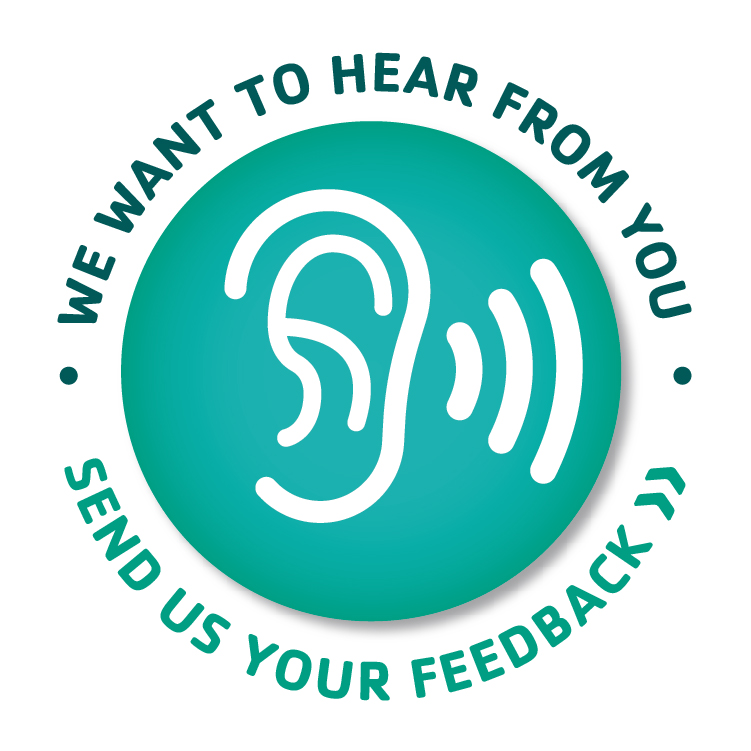Do you know what your cholesterol number is? Do you know what your cholesterol numbers mean?
If your answer is no or you aren’t that sure, then you have come to the right place. Numbers regarding our health can be confusing, but it’s also important to know some basics. At the Y, we want to help you feel knowledgeable and confident about your health, including your numbers. In honor of Cholesterol Education Month, let’s learn some truths about cholesterol.
The Importance of Managing Cholesterol
According to the Centers for Disease Control and Prevention (CDC), heart disease is the number one leading cause of death in the U.S. More than one million Americans have a heart attack each year and about 500,000 die of heart disease. High blood cholesterol is one of the major risk factors for heart disease, causing heart attack and stroke.
So what is Cholesterol anyway?
Cholesterol is a type of fat found in your blood. Your liver makes cholesterol for your body. You also can get cholesterol from the foods you eat. Meat, fish, eggs, butter, cheese, and milk all have cholesterol in them. Fruits, vegetables, and grains (like oatmeal) don’t have any cholesterol.
Cholesterol is in every cell in your body. You need cholesterol to help your brain, skin, and other organs do their jobs. But eating too much isn’t good. Cholesterol floats around in your blood and can get into the walls of the blood vessels. This can cause the blood vessels to get stiffer, narrower, or clogged. If the clogging gets worse over many years, it can cause a heart attack or stroke in adults.
Now that you know the basics, let’s learn the difference between cholesterol myth and fact. The CDC has come up with some commonly asked questions and myths and helped us to set the record straight.
Cholesterol: Myth vs. Fact
Myth: All cholesterol is bad for you.
Fact: Some types of cholesterol are essential for good health. Your body needs cholesterol to perform important jobs, such as making hormones and building cells.
Cholesterol travels through the blood on proteins called lipoproteins. Two types of lipoproteins carry cholesterol throughout the body:
- LDL (low-density lipoprotein), sometimes called “bad” cholesterol, makes up most of your body’s cholesterol. High levels of LDL cholesterol raise your risk for heart disease and stroke.
- HDL (high-density lipoprotein), or “good” cholesterol, carries cholesterol back to the liver. The liver then flushes it from the body. High levels of HDL cholesterol can lower your risk for heart disease and stroke.
When your body has too much LDL cholesterol, it can build up in the walls of your blood vessels. This buildup is called plaque. As your blood vessels build up plaque over time, the insides of the vessels narrow. This narrowing can restrict and eventually block blood flow to and from your heart and other organs. When blood flow to the heart is blocked, it can cause angina (chest pain) or a heart attack.
Myth: I would be able to feel it if I had high cholesterol.
Fact: High cholesterol usually has no signs or symptoms. You may not know you have unhealthy cholesterol levels until it is too late—when you have a heart attack or stroke. That’s why it’s so important to get your cholesterol levels checked at least every 5 years.1,2
Occasionally, some people develop yellowish growths on their skin called xanthomas, which are cholesterol-rich deposits. People with xanthomas may have high cholesterol levels. Learn more about getting your cholesterol checked.
Myth: Eating foods with a lot of cholesterol will not make my cholesterol levels go up.
Fact: It can be complicated. We know that foods with a lot of cholesterol usually also have a lot of saturated fat. Saturated fats can make your cholesterol numbers higher, so it’s best to choose foods that are lower in saturated fats.
Foods made from animals, including red meat, butter, and cheese, have a lot of saturated fats. Instead, aim to eat foods with plenty of fiber, such as oatmeal and beans, and healthy unsaturated fats, such as avocados, olive oil, and nuts. Learn more about healthy diets and nutrition at CDC’s nutrition, physical activity, and obesity website.
Myth: I can’t do anything to change my cholesterol levels.
Fact: You can do many things to improve your cholesterol levels and keep them in a healthy range!
- Get tested at least every 5 years (unless told otherwise by your doctor).1,2 Learn more about cholesterol screenings.
- Make healthy food choices. Limit foods high in saturated fats. Choose foods naturally high in fiber and unsaturated fats. Learn more about healthy diets and nutrition at CDC’s nutrition, physical activity, and obesity website.
- Be active every day. The Physical Activity Guidelines for Americans recommends that adults get 150 to 300 minutes of moderate physical activity each week. Learn more about physical activity basics and tips.
- Don’t smoke or use tobacco products. Smoking damages your blood vessels, speeds up the hardening of the arteries, and greatly increases your risk for heart disease. If you don’t smoke, don’t start. If you do smoke, quitting will lower your risk for heart disease. Learn more about tobacco use and ways to quit at CDC’s smoking and tobacco use website.
- Talk with your health care provider about ways to manage your cholesterol; if any medicines are given to you to manage your cholesterol, take them as they are prescribed. Learn more about medicines to lower cholesterol.
- Know your family history. If your parents or other immediate family members have high cholesterol, you probably should be tested more often. You could have a condition called familial hypercholesterolemia (FH).
Myth: I don’t need statins or other medicines for my cholesterol. I can manage my cholesterol with diet and exercise.
Fact: Although many people can achieve good cholesterol levels by making healthy food choices and getting enough physical activity, some people may also need medicines called statins to lower their cholesterol levels. Million Hearts also suggest that other medicines in addition to statins may be needed to help control cholesterol.
It’s important to communicate with your Health Care Provider and see what options are available as well as what medications may work best for you.
Let’s all commit to getting our cholesterol checked this year so we know our numbers and our risk for heart disease and stroke. Find your closest Healthy Living Center and have your numbers checked for free.
Learn more about Healthy Living Centers



